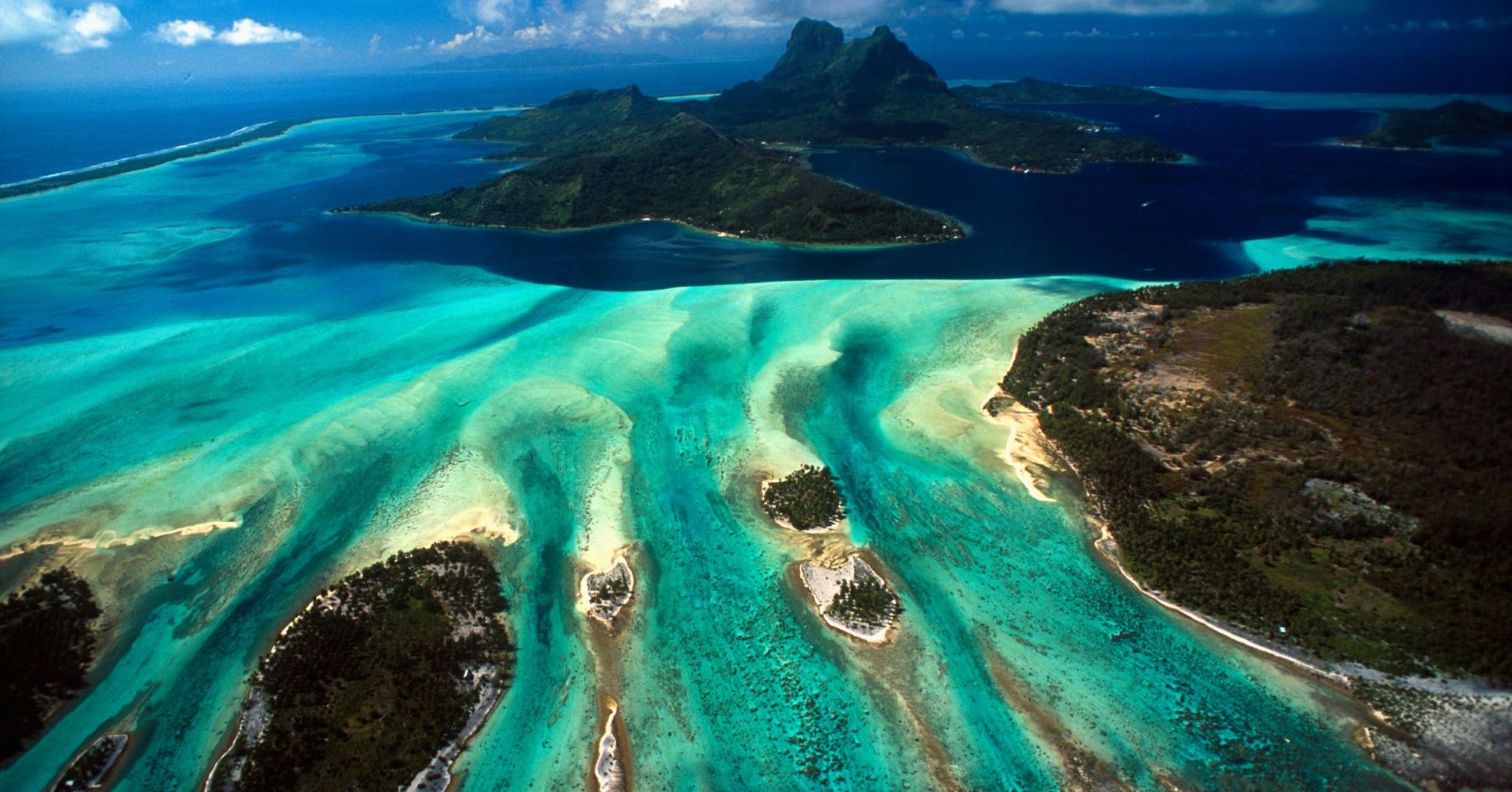
China and Taiwan are vying for friends in the Pacific Islands through aid and soft power, a competition that’s becoming increasingly crucial to Taipei’s foreign relations.
One third of Taiwan’s allies are based in the Pacific, a region rich in natural resources, so maintaining those bonds has become a priority for Taiwanese President Tsai Ing-wen’s administration. That’s especially true as her nation’s diplomatic circle has been shrinking as more countries cut off ties in favor of allying with China.
Taipei now has formal relations with only 17 countries because Beijing opposes countries pursuing relations with the East Asian state. China claims Taiwan under a policy known as “One China,” so nations seeking rapport with Beijing must cut off diplomatic links with Taipei.
The world’s second-largest economy has spent $1.26 billion in aid to Pacific allies since 2011, according to a Tuesday note from the Lowy Institute, an Australian think tank. In comparison, Taiwan has spent $224.03 million on its respective partners. On a per-capita basis Taipei appears to have the upper hand.
“Because the China-supporting countries are so much larger than the countries that recognize Taiwan, Taipei actually spends $237 to Beijing’s $108, more than twice as much,” the report stated.
Six of the 14 Pacific countries — Kiribati, the Marshall Islands, Nauru, Palau, the Solomon Islands and Tuvalu — have relations with Taiwan. But as China increases its engagement in the area, “pundits are wondering who will be the first to jump ship,” said the Lowy Institute researchers.
“Given the allure of [Beijing’s] generosity, it is tempting to assume that China will soon siphon Taiwan’s Pacific friends,” they added.
Since Tsai took power in 2016, five nations have switched allegiances to China, with the most recent cases being El Salvador, Burkina Faso and the Dominican Republic earlier this year. Tsai, who has accused Chinese President Xi Jinping’s government of poaching allies, recently described the Asian giant’s behavior as “out-of-control.”
Even countries without official ties can still incur Beijing’s anger when they appear to be warming to Taipei. For example, a recent strengthening of U.S.-Taiwan relations, reflected by arms sales and upgrades to the de-facto U.S. embassy in Taipei, has sparked harsh criticism from Xi’s administration.
Beijing’s actions are widely interpreted as a means to pressure Tsai, who has long refused Beijing’s demand that she recognize Taiwan as part of “One China.”
A June report from the United States-China Economic and Security Review Commission, one of Washington’s congressional commissions, said “reducing Taiwan’s international space” was a major factor driving Chinese activity in the Pacific.
China’s footprint in the Pacific has been expanding in recent years with increased trade, development assistance, infrastructure spending and a steady stream of Chinese tourists who flock to luxury resort islands such as Fiji.
“Although the Pacific Islands receive less of China’s attention and resources compared to other areas of the world, Beijing includes the region in its key diplomatic and economic development policy — the Belt and Road Initiative — which suggests China has geostrategic interests in the region,” said the U.S.-China Commission report.
The Belt and Road is a massive venture to increase Beijing’s political and economic influence worldwide by connecting and facilitating all kinds of trade, including digital, with Europe, Africa, the Middle East and Asia.
Media reports in April said Beijing was considering a military base on Vanuatu, a claim that both countries have denied.
Taiwan’s Pacific aid may pale in volume over that of Beijing’s, but Tsai’s government has the benefit of people-to-people relationships, according to the Lowy Institute note. Taiwan’s projects, which target sectors such as agriculture, horticulture and health, expose local communities to Taiwanese emissaries, the note explained. That interaction produces working relationships based on goodwill, the Lowy Institute said.
In comparison, Chinese projects tend to attract criticism for their reliance on Chinese workers and more.
But with November’s local elections around the corner, Tsai’s relationship with the Pacific Islands may be at risk.
“Assistance to the Pacific has been poorly received by constituents who perceive it as a waste of money despite the fact that it has allowed Taiwan to secure diplomatic support at a far lower cost than China,” the Lowy Institute warned. “If Taiwan’s aid commitments begin to decrease, it may encourage China to step up its Pacific presence.”
